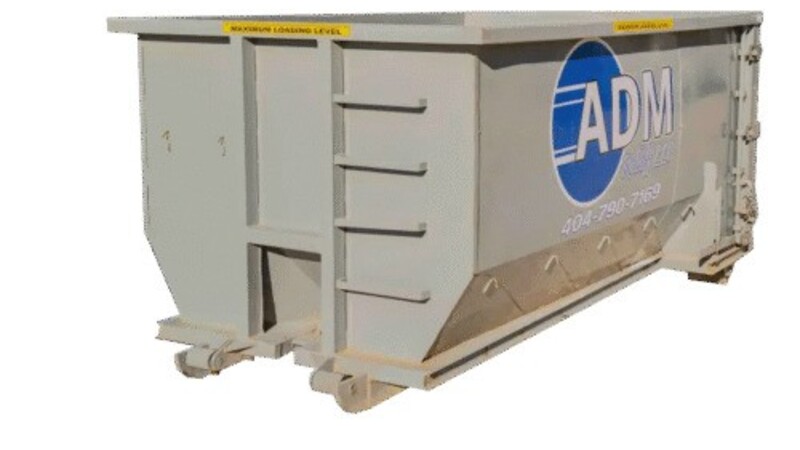Waste management is a critical part of maintaining clean, healthy neighborhoods, especially in a bustling city like Atlanta. As local populations grow and urban development continues, the need for efficient, accessible solutions to handle residential, commercial, and construction waste becomes even more essential. For those searching for reliable options, the Transfer Station Atlanta, GA facility offers an effective way to streamline the waste disposal process and ensure that materials are managed responsibly.
Understanding the Role of a Transfer Station
A transfer station acts as a central hub where waste is temporarily deposited before being transported to its final destination, such as a landfill, recycling center, or specialized processing facility. Instead of making multiple long trips to distant disposal sites, residents and businesses can bring their waste to a local transfer station. This approach not only saves time and fuel but also reduces the environmental impact of waste transportation across the city.
Transfer stations are designed to handle various types of waste, including:
• Household garbage
• Yard debris
• Construction and demolition materials
• Bulky items like furniture and appliances
By providing a convenient drop-off point, these facilities make it easier for Atlanta residents to dispose of unwanted items safely and efficiently.
Benefits of Using a Transfer Station in Atlanta
There are several advantages to utilizing a local transfer station for waste management needs:
1. Convenience and Accessibility
Transfer stations are strategically located to serve neighborhoods throughout Atlanta, making it simple for residents and businesses to access waste disposal services without traveling far. This convenience encourages proper disposal habits and helps keep the city cleaner.
2. Environmental Responsibility
By consolidating waste in one location before transport, transfer stations help reduce vehicle emissions and fuel consumption. Additionally, these facilities often sort and separate recyclable materials, diverting a significant portion of waste away from landfills.
3. Cost Efficiency
For contractors, landscapers, and homeowners tackling large projects, using a transfer station can be more cost-effective than arranging multiple pickups or hauling debris long distances. Fees are typically based on the type and volume of waste, allowing for budget-friendly options.
4. Safe and Compliant Disposal
Transfer stations operate under strict local and state regulations to ensure that waste is managed safely. Hazardous materials are identified and handled appropriately, minimizing risks to public health and the environment.
How a Transfer Station Supports Atlanta’s Waste Goals
Atlanta has set ambitious targets for waste reduction and sustainability. Transfer stations play a pivotal role in achieving these goals by:
• Facilitating recycling programs and composting initiatives
• Reducing illegal dumping in neighborhoods and public areas
• Supporting community clean-up events and large-scale projects
By making responsible waste management more accessible, these facilities empower residents and businesses to contribute to a greener, more sustainable city.
Efficient waste management is essential for a thriving Atlanta. Utilizing a transfer station provides a practical solution for disposing of household, commercial, and construction waste while supporting the city’s environmental objectives. Whether you are renovating a home, cleaning up your yard, or managing business debris, consider the benefits of a trusted transfer station service.
Ready to simplify your waste disposal? Find out how a local transfer station can help you manage your waste efficiently and responsibly.

